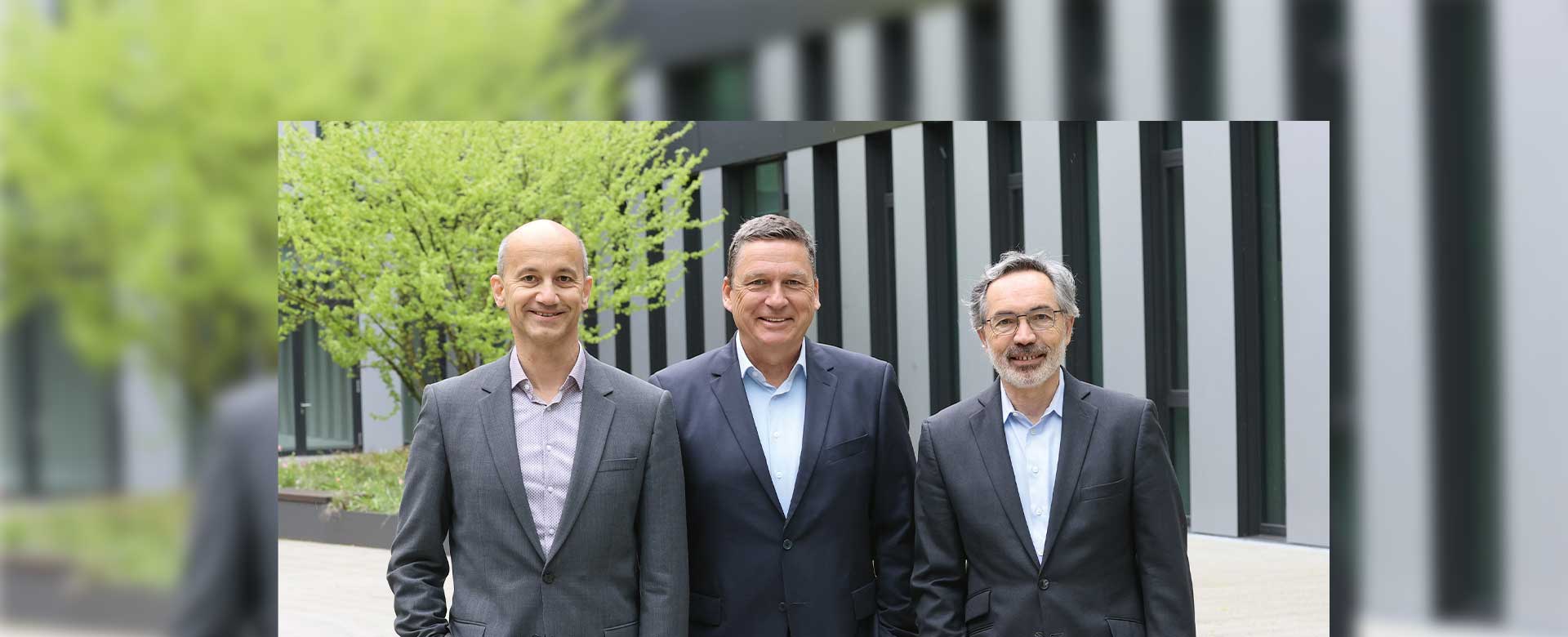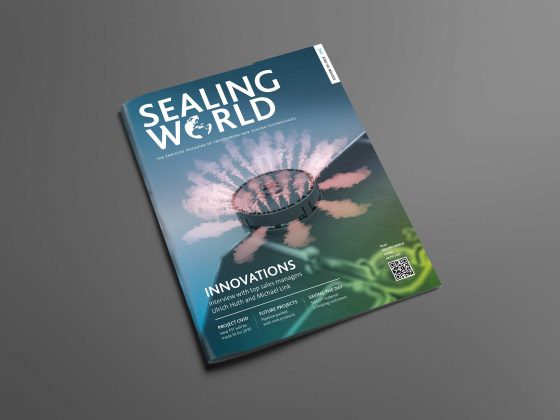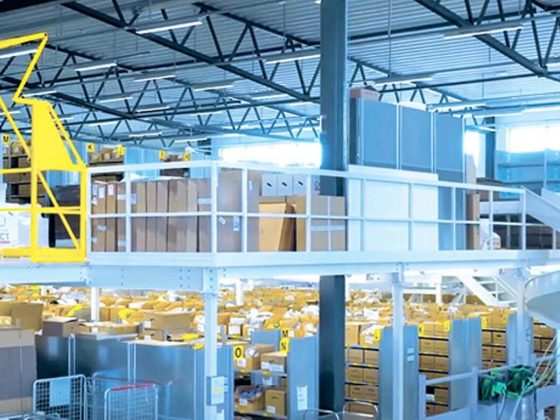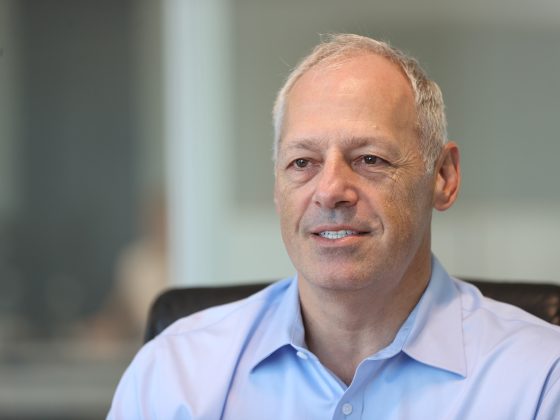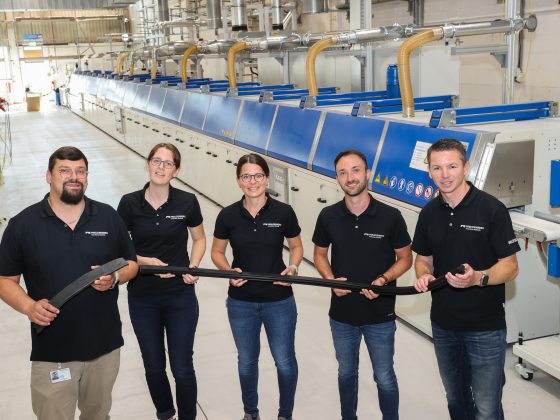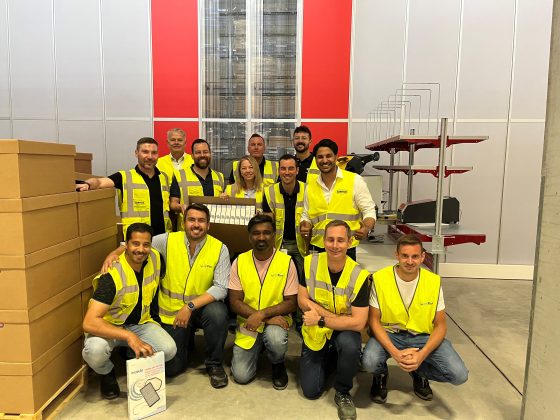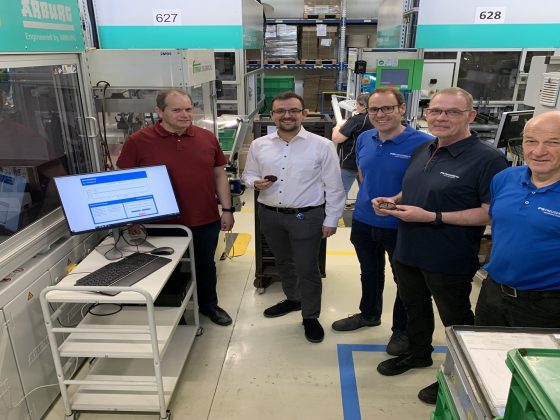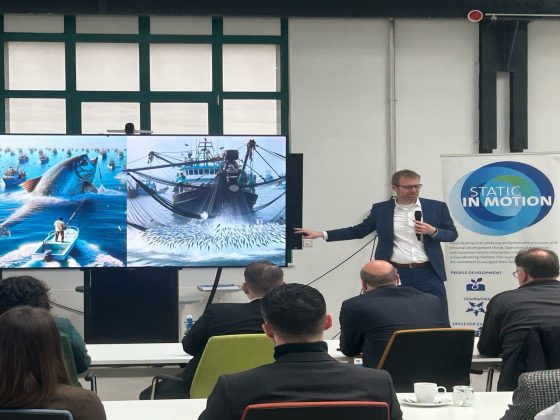Preparations for the 2024–26 strategy period are currently running at full speed. The plans primarily draw on the results of the Ovid transformation project, which was completed at the end of last year after more than 12 months of intensive analytical work.
The Ovid strategy and transformation project kicked off in January 2022. Its objective was to analyze the core markets and industries of Freudenberg Sealing Technologies (FST) up to the year 2035. At the same time, it called for a deliberation on how the company can best be transformed in view of expected market changes, because FST’s product portfolio, processes and structures must also continue to evolve and adapt to changing market needs. “This is the only way we can respond quickly and appropriately to new trends and significantly influence the technological developments in our markets. It is an important prerequisite for our continued profitable growth,” explains Chief Executive Officer Claus Möhlenkamp.
This project was initially set in motion by the growing shift towards e-mobility, which quickly resulted in profound changes in many other key industries. “So we needed to understand the impact of this transformation on the entire business, including the opportunities and risks for FST,” Möhlenkamp says. Starting in 2035, for example, the registration of new vehicles with internal combustion engines will be banned in the European Union. This is why the year 2035 was chosen deliberately, with all the considerations in mind.: “Transformations in the market don’t happen overnight, they evolve over time. But because of the legislation affecting the automotive industry, it became clear that the right period to review our analyses is ten to 15 years.”
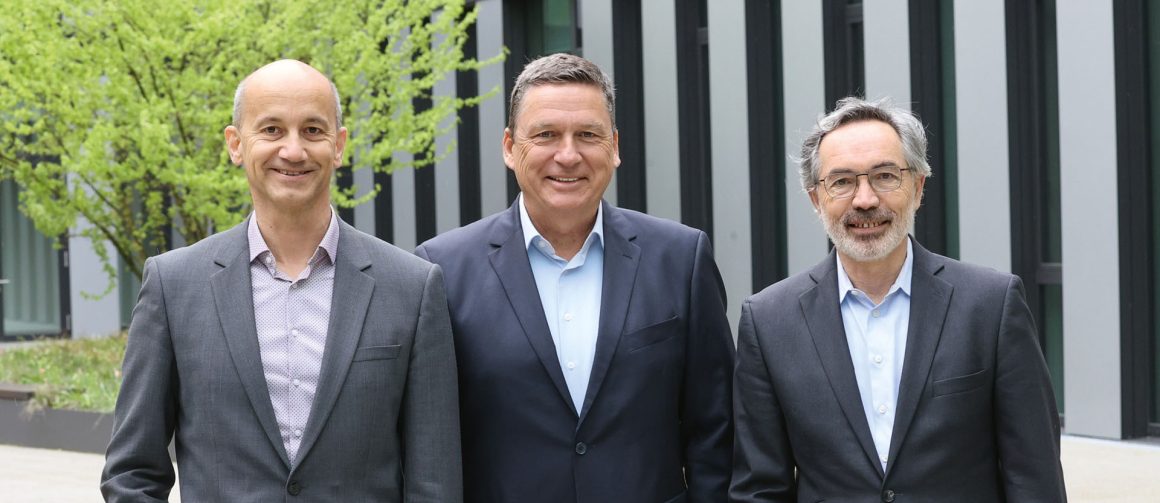
The Strategy Book
One of the most important outcomes of the Ovid project is the development of a so-called “strategy book,” which describes exactly how FST and the product portfolio should evolve in the coming years. The company first segmented the existing product portfolio according to the market demand. In addition, the strategy book lists the new applications in the key segments “New Mobility” and “Green Energy” in which FST should become active in the future, explains Dr. Matthias Sckuhr, Chief Technology Officer/Chief Operating Officer: “We took a close look at 170 applications and found over 150 different opportunities, where we can create added value for our customers while also expanding our product portfolio.” These products include such items as thermal barriers, cell caps and electrical insulation elements for batteries as well as bus bars and parts for radar systems, which will play a crucial role in autonomous driving.
Many of these products are no longer traditional seals. Nevertheless, they present an opportunity for FST and its materials and technology expertise. “With these new products, we can replace old technologies and continue to grow. But they also require an open and flexible mindset within our company,” Sckuhr says. And a different entrepreneurial approach. A new organizational development is taking this into account: So-called “incubators” will be established in the existing divisions for all products which the Ovid project team has found to have greater sales potential. These consist of special teams that will develop and oversee the new technology until it is ready for the market. As soon as a customer places an order, the entrepreneurial responsibility is transferred back to a competence center or lead center according to the existing organizational structure.
The Ovid project also examined the existing manufacturing capacities and necessary production technologies with a positive result: In general, FST has enough production space. The challenge in the coming years will be to apply a controlled process to phase out parts that are no longer demanded on the market, while simultaneously ramping up the targeted manufacture of new products. This can be performed at sites in different regions, which requires good coordination within FST: At the moment, about 40 percent of all FST plants still manufacture products for internal combustion engines. The demand for these will decline rapidly over the next few years; at the same time, orders for parts in electrified powertrains and general industrial use will increase. This will also happen very quickly: By 2035, the new business will have completely compensated for business lost through the e-transformation.
The FST Cockpit
Of course, investments in new production technologies continue to be on the agenda. As soon as the corresponding customer orders arrive, the decision is made as to where and in which plant this will happen.
Number-driven decisions such as these investment approvals will be made with the help of the so-called “FST cockpit”, also a result of the Ovid project. “We are currently going through a complex transformation process which will have an impact in the coming years on each of our employees and nearly everything that we are doing right now at FST,” explains Chief Financial Officer Ludger Neuwinger-Heimes. “This process must be carefully managed. The FST cockpit will help us with it.”
This database makes it possible at any time to see how changes in the market are impacting FST’s most important financial performance indicators, such as sales, investment budget, distribution, development and administrative costs, or the number of sites. “If sales of battery-powered electric cars drop below or exceed our assumptions, for example, our cockpit will immediately show us the impact on our key financial figures,” says Neuwinger-Heimes.
Growth Opportunities
The Ovid project has opened up many growth opportunities for FST, according to Möhlenkamp, and, despite the current uncertain times, has pointed the way toward a successful future. “Thanks to the Ovid project, we are in the best position to continue dominating our markets as a technology leader. So we are fit for 2035!”
In the past weeks, many FST sites hosted town hall meetings at which employees received detailed information about the Ovid project and its results. Further publications are also planned on the FST portal, including videos about the impact of the Ovid project on selected divisions.
